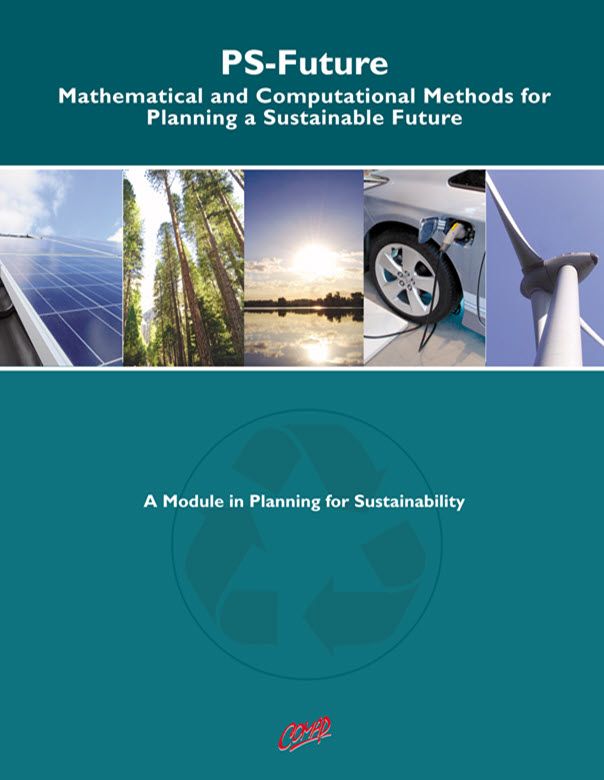Life on the Edge – Habitat Fragmentation (Student)
Author: Barbara Cozzens and Holly Gaff
About This Module:
Sustainability is forward-looking, and natural resources are finite. Planning for sustainability therefore involves making decisions about how we use limited resources in light of the continuing future needs for those resources. Planning for sustainability seeks to identify practices that can continue indefinitely without critically damaging natural resources, people, or economies, especially those that are at risk. While it is tempting (and simpler) to base decisions purely on their immediate economic impacts, doing so can easily overlook the long-term environmental (and social) consequences that can undermine sustainability. In planning for sustainability, it is important to consider that human economic and social systems exist within and are dependent on the environment. Decision makers need to identify how their choices impact both human and environmental systems, as well as whether such choices could persist indefinitely into the future.
About the PS-Future project and its modules
The PS-Future project is a collaboration led by Rutgers University involving the Center for Discrete Mathematics and Theoretical Computer Science (DIMACS), the School of Environmental and Biological Sciences, and Heldrich Center for Workforce Development at Rutgers University; the Consortium for Mathematics and its Applications (COMAP); Colorado State University; the Groton School; Hobart and William Smith Colleges; and a number of authors and educators from around the country.
The modules are intended to provide 4-6 days of classroom activities on a variety of topics that apply computational and mathematical methods in sustainability. Each module links to Common Core State Standards (CCSS) in Mathematics and targets content for a particular mathematics course. Each module also addresses disciplinary core concepts required by the Next Generation Science Standards (NGSS), especially targeting concepts taught in Environmental Science and Biology courses. The modules are also particularly suited to address Practice Standards for both mathematics and science.
Each module contains examples of jobs related to the module topic, together with a discussion of the skills and training required, as well as information on the salary and future demand for such jobs. In many cases, specific job titles are mentioned within the modules.

Mathematics Topics:
Application Areas:
Prerequisites:
You must have one of our Free Memberships or a paid Full Membership to download this resource.
If you're already a member, login here.